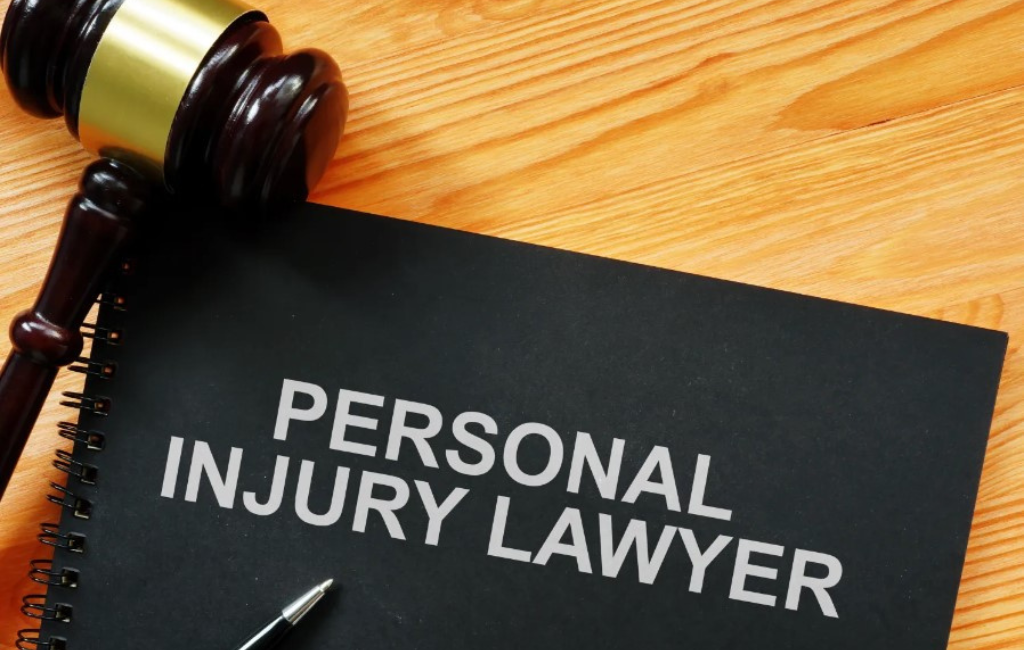What a Personal Injury Lawyer Do : An Overview
Personal injury lawyers play a pivotal role in helping individuals navigate the complexities of legal claims following accidents or injuries. Their expertise can make a significant difference in the outcome of a case, ensuring that victims receive the compensation they deserve. This article explores the various ways a personal injury lawyer can assist you, supported by examples, case studies, and statistics.
Understanding Personal Injury Law
Personal injury law encompasses a wide range of cases where an individual suffers harm due to another party’s negligence or intentional actions. Common types of personal injury cases include:
- Car accidents
- Slip and fall incidents
- Medical malpractice
- Workplace injuries
- Product liability
Initial Consultation and Case Evaluation
The first step in working with a personal injury lawyer is the initial consultation. During this meeting, the lawyer will evaluate the details of your case, including the circumstances of the injury, the extent of your damages, and the potential for a successful claim. This evaluation helps determine the best course of action and whether pursuing legal action is advisable.
Gathering Evidence and Building a Strong Case
One of the most critical tasks a personal injury lawyer undertakes is gathering evidence to support your claim. This process may involve:
- Collecting medical records and bills
- Interviewing witnesses
- Obtaining police reports
- Securing expert testimony
- Reviewing accident scene photos and videos
By compiling comprehensive evidence, the lawyer can build a strong case that demonstrates the other party’s liability and the extent of your damages.
Negotiating with Insurance Companies
Insurance companies often aim to minimize payouts to claimants. A personal injury lawyer has the skills and experience to negotiate effectively with insurance adjusters, ensuring that you receive a fair settlement. This negotiation process can involve presenting evidence, countering lowball offers, and advocating for your best interests.
Representing You in Court
If a fair settlement cannot be reached through negotiation, your personal injury lawyer will represent you in court. This involves preparing legal documents, presenting evidence, and arguing your case before a judge and jury. Having a skilled attorney by your side can significantly increase your chances of a favorable verdict.
Case Study: Successful Personal Injury Claim
Consider the case of Jane Doe, who suffered severe injuries in a car accident caused by a distracted driver. Jane’s personal injury lawyer conducted a thorough investigation, gathering evidence such as traffic camera footage and witness statements. The lawyer negotiated with the insurance company, securing a settlement that covered Jane’s medical expenses, lost wages, and pain and suffering. When the insurance company initially offered a low settlement, the lawyer took the case to court, where a jury awarded Jane a substantial amount in damages.
Statistics on Personal Injury Claims
According to the National Center for Health Statistics, approximately 31 million people are injured in accidents each year in the United States. Of these, around 2 million are severe enough to require hospitalization. The Insurance Research Council reports that victims who hire personal injury lawyers receive settlements that are, on average, 3.5 times higher than those who do not.
Contingency Fee Arrangements
Many personal injury lawyers work on a contingency fee basis, meaning they only get paid if you win your case. This arrangement makes legal representation accessible to individuals who may not have the financial resources to pay upfront legal fees. The lawyer’s fee is typically a percentage of the settlement or court award, incentivizing them to achieve the best possible outcome for their clients.
Providing Emotional Support and Guidance
Beyond legal expertise, personal injury lawyers offer emotional support and guidance throughout the legal process. Dealing with an injury can be overwhelming, and having a compassionate advocate can alleviate some of the stress and uncertainty. Lawyers can help clients understand their rights, navigate complex legal procedures, and make informed decisions about their cases.
Conclusion
Personal injury lawyers provide invaluable assistance to individuals who have suffered harm due to the negligence or intentional actions of others. From the initial consultation and case evaluation to gathering evidence, negotiating with insurance companies, and representing clients in court, their expertise can significantly impact the outcome of a case. By understanding the various ways a personal injury lawyer can help, victims can make informed decisions about seeking legal representation and pursuing the compensation they deserve.
